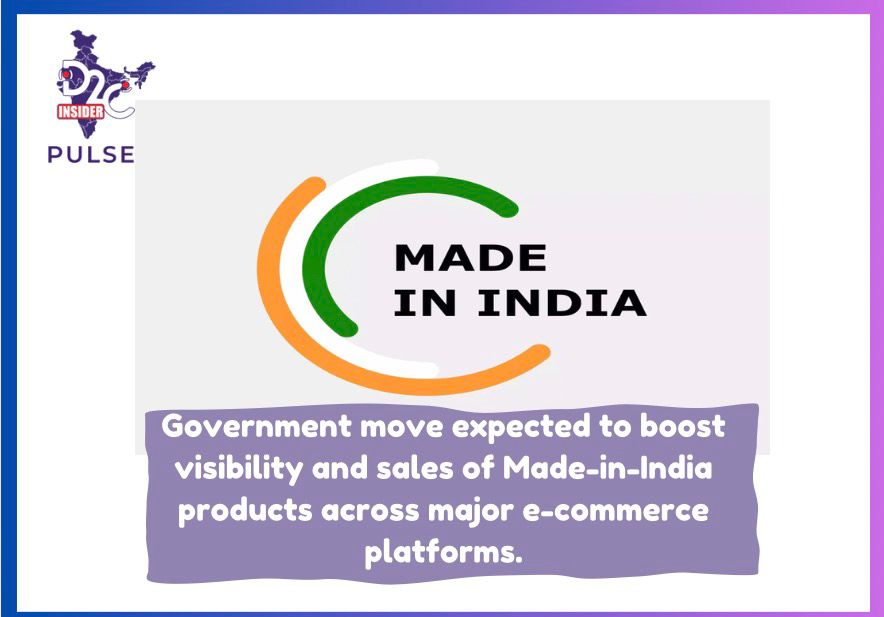The Department of Consumer Affairs has suggested new e-commerce rules for India that could change how direct-to-consumer sales work. These rules would require platforms like Amazon, Flipkart, FirstCry, Meesho, and Nykaa to have a clearly visible and easy-to-use Country of Origin filter for all packaged goods.

This change, part of the Draft Legal Metrology (Packaged Commodities) (Second) Amendment Rules, 2025, aims to make things more open, help Indian brands compete better, and support direct-to-consumer brands. It lets shoppers actively pick Made in India products. This is a key update because it directly affects how visible, easy to find, and competitive local brands are, especially in areas where imports dominate.
The public can comment on this proposal until November 22. If approved, it would greatly promote Indian direct-to-consumer business, as it would make country-of-origin a filter option in online shopping, instead of a hard-to-find detail in product descriptions.
This fits with the Atmanirbhar Bharat and Vocal for Local campaigns, with the biggest impact being on how products are found. Indian brands have been working to improve their supply chains, use multiple sales channels, and balance retail with online sales. Still, many local makers struggle to get noticed because imported products flood the market with low prices and unclear origin information. This new rule addresses this by letting Indian brands compete based on their identity, not just price.
A government official said these rules will also make it easier to monitor compliance by using automated checks instead of manual reviews. This brings India closer to global standards for transparency in digital trade, which is important as direct-to-consumer companies consider IPOs, cross-border sales grow, and Indian direct-to-consumer businesses look at international public offerings.
For small and medium-sized businesses and new direct-to-consumer startups, especially those focusing on sustainability, Ayurveda, or premium products, this could greatly increase trust-based sales. Vinod Kumar, President of the India SME Forum, stated this filter could create a fair playing field for small local producers who are overshadowed by imports with unclear labeling.
The main point is modern competition, not just nationalism. When shoppers can easily filter by Indian origin, they may switch their preferred brands. Clear origin information also makes repeat purchases more likely, which improves the economics, customer acquisition costs, and long-term customer value for direct-to-consumer businesses.
India’s direct-to-consumer industry is now seeing regulations catch up to what consumers expect. The government wants accountability, consumers want clarity, local brands want to be discovered, and investors want to see that trust-based shopping is on the rise. This rule addresses all these needs and could significantly change the direct-to-consumer market in India.








